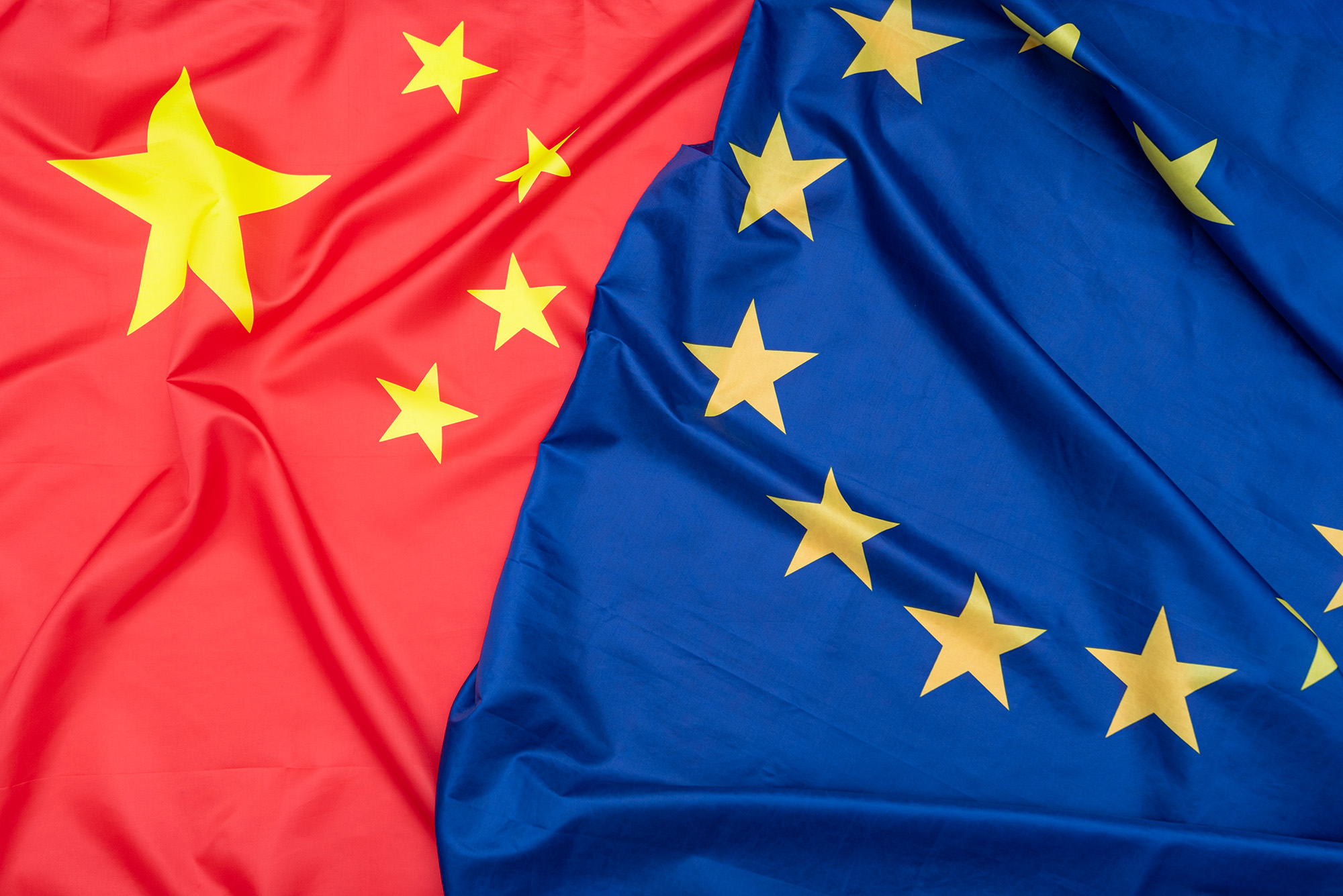Ninestar ban increases pressure on remanufacturers and puts European companies’ corporate sustainability commitments in the spotlight
September 12, 2023

- The recent Ninestar forced labour scandal that has seen the printer maker and its subsidiaries banned from importing into the US is putting pressure on the EU’s remanufacturing sector;
- It also puts European-based companies’ corporate social responsibility (CSR) commitments to the test, as ETIRA stresses continuing to trade with Ninestar “very obviously violates” ethical and sustainability pledges.
The ink and toner cartridge remanufacturing and reuse sector in Europe is under increased pressure to compete with cheaper alternatives from Asia that are flooding the market following the recent US-ban on printer maker Ninestar and its products.
In June, the country banned all imports from Chinese company Ninestar and its subsidiaries, including Pantum Electronics, Apex Microelectronics and G&G Digital Technology, under the country’s Uyghur Forced Labor Protection Act.
ETIRA issued a call on the back of the ban for European companies and public bodies to stop purchasing from the involved organisations. Now, its members are reporting the impact of the Ninestar scandal on their ability to operate.
Vincent van Dijk of ETIRA, said: “We’re already hearing reports that the US-ban on Ninestar is having an impact on trading conditions for our members here in Europe and putting them under significant pressure, as Asia-based manufacturers look to secure existing routes to market and in turn, offer far cheaper, single-use cartridges that are very hard for remanufacturers to compete with.
“We are already up against the greenwashing tactics of the Original Equipment Manufacturers (OEMs) and the big players in the market. This additional development could put even more pressure on remanufacturers.
“However – it also puts pressure on European-based companies’ CSR policies and sustainability commitments.
“Trading with a company that has been found to be engaging in forced labour very obviously violates any such policy or commitment, and is something we and our members very strongly condone.”
According to ETIRA, as many as 70 percent of ink and toner cartridges are thrown away in Europe after first use. Remanufacturing cartridges for reuse can reduce their carbon footprint by up to 60 percent.
For further information about ETIRA, visit www.etira.org
ENDS
Please direct any questions or editorial requests to info@etira.org
Tags
Forced labourNinestar Ban
remanufacturing
USA
Don’t associate with forced labour: Stop buying products from Chinese companies Ninestar, Apex, G&G and others asap
June 21, 2023

As of 12 June 2023, the US banned all imports of products from Chinese companies Ninestar and subsidiaries and 8 Zhuhai-based subsidiaries, including Pantum Electronics., Apex Microelectronics, G&G Digital Technology, under their Uyghur Forced Labor Protection Act*. These companies were added to a US government list that includes “entities working with the government of Xinjiang to recruit, transport, transfer, harbor or receive forced labor or Uyghurs, Kazakhs, Kyrgyz, or members of other persecuted groups out of Xinjiang* . And as a result, the US has banned all imports of products, such as cartridges, equipment, components, etc.
The US prohibition has worldwide impact because these products are traded globally. And while there is no official import ban (yet?) in wider Europe, there is the clear ethical question of “do we want to allow such practices ?” Therefore, ETIRA, representing European remanufacturers of OEM toner and inkjet cartridges, calls on all European companies and public bodies to stop as soon as possible the purchase of products from these companies. All European businesses must ensure that their products are not related to forced labor in any way, to avoid Code of conduct violations and other assurances they give their customers about their products. ETIRA recommends European consumers and businesses to buy reuse OEM cartridges from trusted suppliers in wider Europe, and asks public bodies and local governments to lead by example.
ETIRA also refers to a 12 June 2023 letter to its US customers by Lexmark**, a US-printer manufacturer OEM in which Ninestar has an indirect majority ownership. Lexmark writes that Ninestar was one of its suppliers in the US, but due to this development, will no longer source from them. If even their own companies refuse to buy Ninestar products, you should too.
*https://www.dhs.gov/uflpa-entity-list
BACKGROUND
The 2021 US Uyghur Forced Labor Prevention Act strengthens the existing prohibition against the importation of goods made wholly or in part with forced laborinto the United States and to end the systematic use of forced labor in the Xinjiang Uyghur Autonomous Region. https://www.dhs.gov/uflpa
In August 2022, the Office of the UN High Commissioner for Human Rights (OHCHR) published a report on the region, concluding that “serious human rights violations” against the Uyghur and “other predominantly Muslim communities” have been committed. https://news.un.org/en/story/2022/08/1125932 – (…..) This has included far-reaching, arbitrary and discriminatory restrictions on human rights and fundamental freedoms, in violation of international laws and standards”, including restrictions on religious freedom and the rights to privacy and movement.
Tags
Forced labourEU action against forced labour
October 12, 2022

In September, the EU published a proposal to prohibit products made with forced labour. This will apply to all products, EU-made and imported.
National authorities will be able to withdraw from the EU market products made with forced labour, and customs authorities can stop such products at EU borders.
Member States will assess forced labour risks based on different sources of information, and investigate products for which there are well-founded suspicions that they have been made with forced labour.
The proposal takes into account concerns of small and medium-sized companies (SMEs), for whom it is more complicated to assess their entire supply chain.
The proposal first needs approval from the European Parliament and the Council of the European Council, and will apply as of 24 months after its entry into force.
Earlier this year, the EU proposed related legislation on due diligence processes for larger companies falling in its scope. That proposal focused on human rights and environmental abuses in operations in companies and their full value chains.
The proposal includes sanctions in case of non-compliance wih the due diligence obligations, but it does not require Member States or companies to prohibit the placing and making available of any product on the market.
The forced labour proposal however will effectively prohibit the placing on the EU market and exports of products made with forced labour.